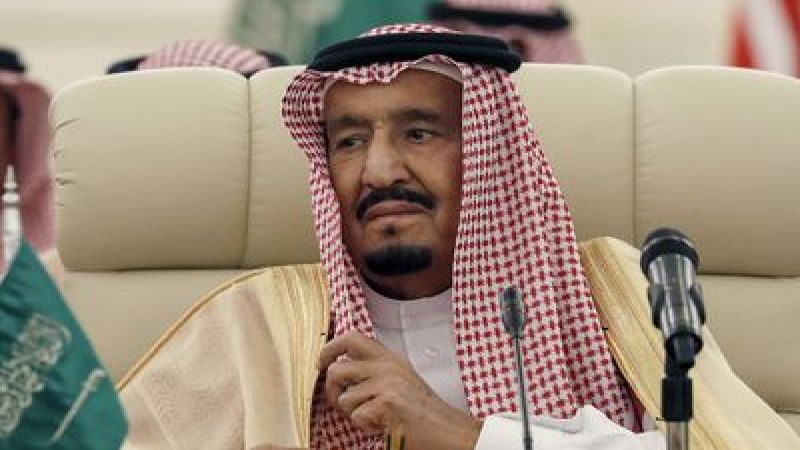
Local Editor
The Saudi cabinet, chaired by King Salman, on Monday evening fired army chief of staff and several prominent officers, forcing them into retirement. The government offered no explanation for the seismic upheaval in the Saudi officer corps, but it was widely believed that the palace is impatient with the quagmire in the three-year-long Yemen war, which has created the worst humanitarian crisis in the world in that country.
Yemen has become such a scandal for the Saudi royal family that crown prince Muhammad Bin Salman, widely thought to be the real power behind the throne, has not been able firmly to set a visit to Britain, allegedly because his publicity flacks fear massive demonstrations in London against his prosecution of the Yemen War. MbS himself is thought to have launched that war in spring of 2015. He then went on vacation in an island location and cut off his communications, leaving the US Department of Defense unable to contact him with urgent questions.
Some reasons for which the Saudi war effort has so far failed:
Muhammad Bin Salman thought that he could wage an air war against a rural guerrilla movement. In other words, he is insisting on repeating all the mistakes of the US military in Vietnam all over again. And at least the US did send in 500,000 troops. The Saudis and their allies have sent in very few.
Although the Saudis and the United Arab Emirates were welcomed in Aden, where people are Sunni and many are left of center, and where the Houthis were seen as northern conquerors in 2015, they haven’t been nearly as welcome in the north of the country. Many Sunnis in north and northwest Yemen belonged to the Islah Party, which is more or less the local version of the Muslim Brotherhood, and the Saudis have been collaborating with Egypt to annihilate the Muslim Brotherhood. Likewise, many Sunni tribes in north Yemen were allied with the Houthis against outsiders.
The Yemen army split, with the crack troops remaining loyal to former president Ali Abdullah Saleh, deposed as a result of the Arab Spring protests, in early 2012. Saleh in turn allied with the Houthis until recently, when he split with them and they killed him. By now what’s left of the old national army is pretty tattered.
The United Arab Emirates is now backing a different faction than Saudi Arabia, and the two Yemeni factions on the ground have clashed in the south, so that the invaders do not have a common front.
Saudi Arabia’s destructive military campaign against Yemen since March 2015 to reinstate former president Abd Rabbu Mansour Hadi and crush the Houthi movement has so far seriously damaged the country’s infrastructure. Local Yemeni sources have put the death toll from the Saudi war at over 12,000, including many women and children.
Source: News Agencies, Edited by Website Team